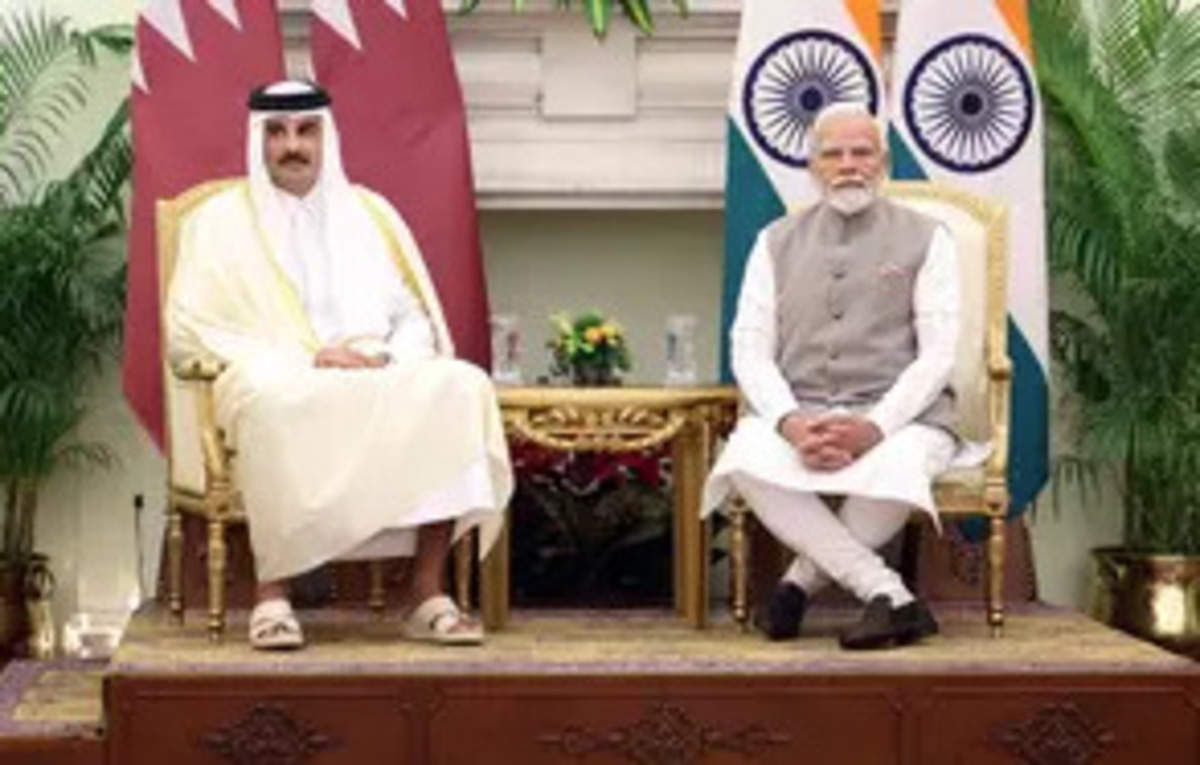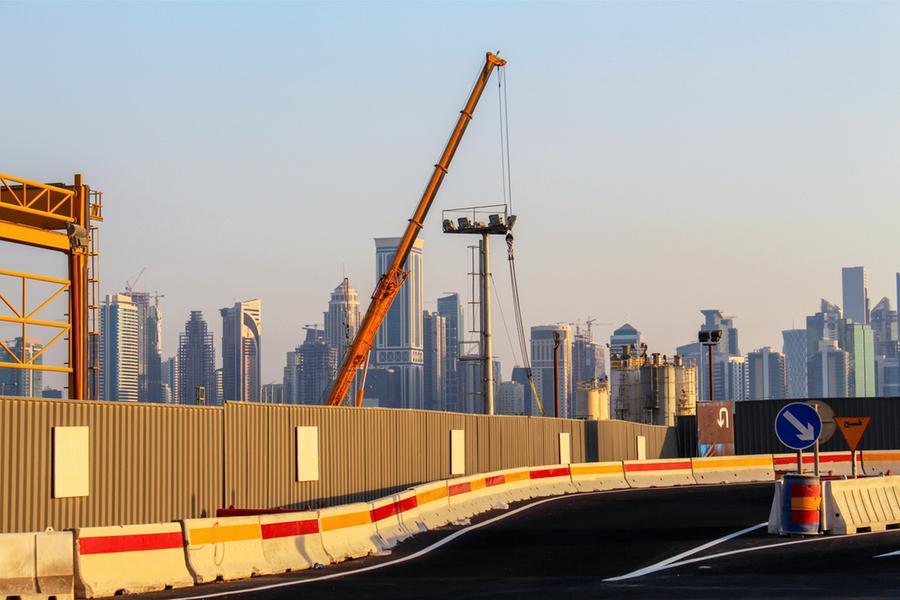MoT highlights Public Bus Infrastructure Programme

MoT’s pavilion displayed the key features of the programme such as improving the mobility of individuals while supporting innovation in transportation, delivering environmentally sustainable transportation networks and enhancing traffic safety.
The pavilion also highlighted the key initiatives as part of the programme and the progress of the transition of public transport into a more sustainable way. The programme consists of eight bus stations in Al Sudan, Msheireb, Al Gharrafa, Lusail, Al Wakra, Education City, Industrial Area, and West Bay Central. Also, there are four bus depots in Lusail, the New Industrial Area, Al Wakra and Al Rayyan. All these facilities are supported by electric charging infrastructure. The programme also includes four Park and Ride parking locations in Al Qassar, Al Wakra, Lusail, and Education City, that can accommodate over 1,000 vehicles.
Developed in an area of more than 400,000 sqm, the Lusail Bus Depot is recorded on the Guinness World Records as the world’s largest e-bus depot, with a capacity of 478 buses. It is the first in the Middle East to be relying on solar energy; as it includes some 11,000 PV solar panels generating 4-6MW of power daily to feed its buildings, in line with Qatar’s National Environment and Climate Change Strategy (QNE) and the goals of the Qatar National Vision 2030.
Related
Ashghal commences roads, infrastructure development in Birkat Al Awamer
Doha, Qatar: The Public Works Authority 'Ashghal' started the implementation of the Roads and Infrastructure Development Project in Birkat Al Awamer. T
India-Qatar trade agreement must be approached with caution: GTRI –…
India should tread cautiously on a potential free trade agreement (FTA
Qatar’s Ashgal likely to award industrial areas infra consultancy contract…
Qatar’s Public Works Authority (Ashghal) is expected to award the design and lead consultancy contract for the North of New Industrial Area Roads and Inf
Qatar’s $2.5bn green bonds fund enhances renewable energy and infrastructure
Doha, Qatar: Qatar continues to boost its investments in sustainable development, demonstrating its competitiveness on the global stage. An official no













